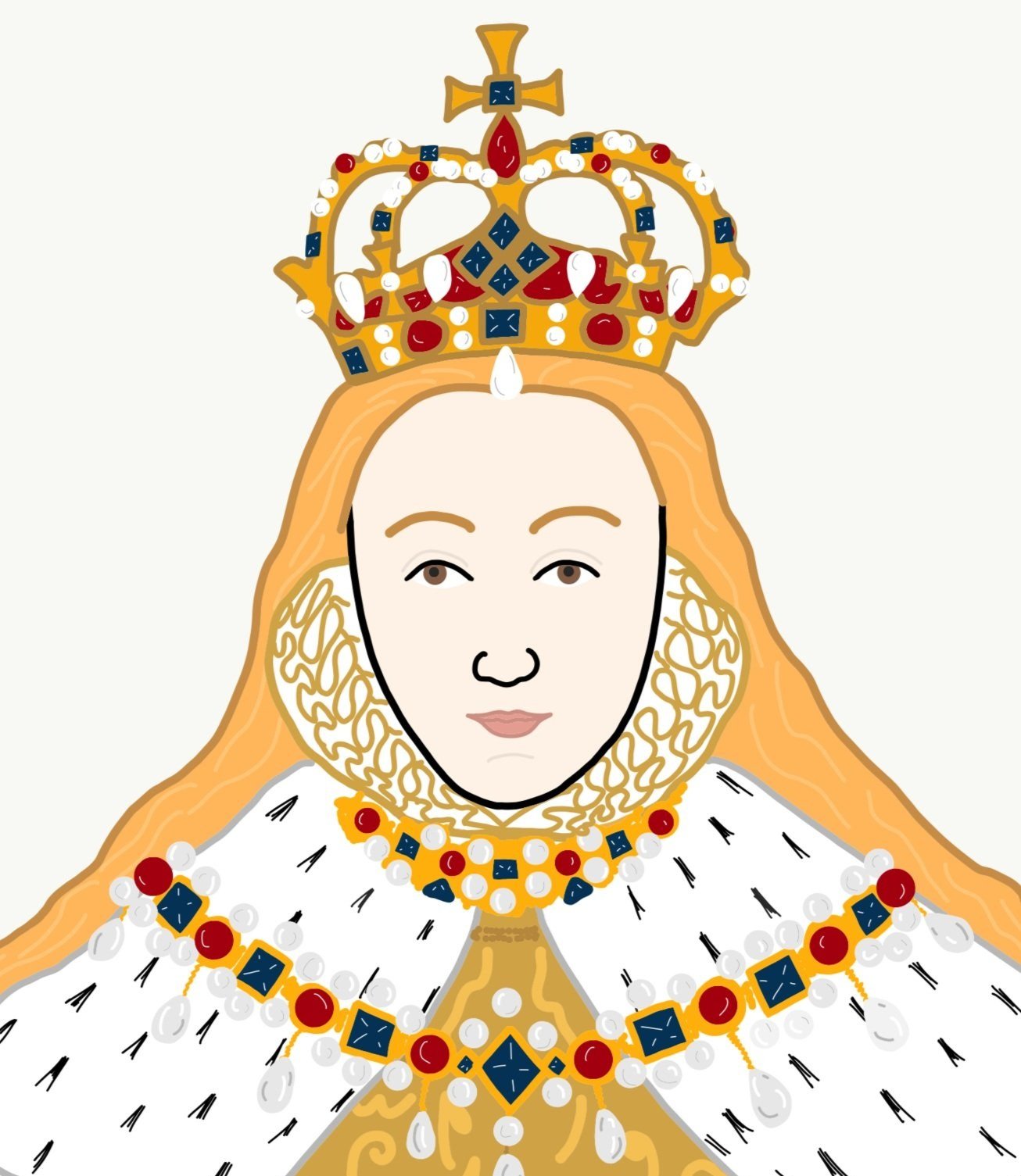January 13th - 19th
On 13th January…
First plane to completely fly a 1km circuit
1908 - Henri Farman, an Anglo-French aviation pioneer and aircraft builder, won the Grand Prix d’Aviation and became the first person to successfully fly a 1 km circuit in his bi-plane the Voisin-Farman I. It took him 1 min. 28 secs. to fly the circuit.
On 14th January…
1742 - Edmond Halley, the English astronomer and mathematician, died at the age of 85 years. After studying historic sightings of comets, he noticed that three were so similar in characteristics that it was possibly the same comet in orbit and accurately predicted its return in 1758. That comet is now known as Halley’s comet, it orbits the sun every 75-76 years and is next expected to appear in 2062.
1898 - The author of Alice’s Adventures in Wonderland, Lewis Carroll died. His real name was Charles Lutwidge Dodgson. If you were a writer would you choose to write under a pen name (pseudonym)? If so, what would it be?
On 15th January…
Coronation of Queen Elizabeth I
1559 - Queen Elizabeth I was crowned Queen of England at Westminster Abbey in London. Her coronation ceremony mixed both Catholic practices and Protestant ones with parts of the service being read in Latin and then English. This gave the country a sign of the changes to come following the strictly Catholic rule of her older half-sister Queen Mary I.
1759 - Founded in 1753, the British Museum opened its doors in London. The first visitors had to apply for tickets to see the museum’s collections, the tickets were only available a few hours a week. Today the museum holds about eight million objects covering two million years of human history. Have you ever been to the British Museum? What museums have you visited?
On 16th January…
1245 - The second son of King Henry III, Prince Edmund Crouchback was born. His nickname of Crouchback was not because he had a humped back but most likely from his surcoat (the robe he wore over his armour) with a cross on the back worn by Crusaders (crouchback = crossback). In 1269, he and his wife, Aveline de Forz, were the first royal couple to get married in Westminster Abbey.
On 17th January…
First recorded crossing of the Antarctic Circle
1773 - Captain James Cook aboard his ship, the Resolution, became the first to cross the Antarctic Circle approximately 66.5 degrees south of the equator. Despite January being summertime in the southern hemisphere it was still extremely cold, and he wrote in the ship’s diary that he was glad he had to turn back northwards because it was impossible for him to continue south towards the pole.
1863 - David Lloyd George, the British Prime Minister who was in power during World War I, was born in Lancashire, England.
On 18th January…
Marriage of Henry VII to Elizabeth of York
1486 - King Henry VII married Elizabeth of York, the daughter of King Edward IV. Henry was from the House of Lancaster and by marrying Elizabeth he united the two warring Houses of the Wars of the Roses. To highlight this union he created a new emblem for a new family; the Tudor Rose brings together the red rose of House Lancaster and the white rose of House York into one red and white rose.
1882 - A.A. Milne, the author of the Winnie the Pooh books was born in Hampstead, London. Did you know that it was A.A. Milne who adapted the Wind in the Willows story by Kenneth Grahame into the stage play ‘Toad of Toad Hall’?
On 19th January…
1736 - James Watt, the Scottish inventor, engineer and chemist was born in Greenock, Scotland. He is possibly best known for his improvements to the steam engine which made his design more efficient than other steam engines. The watt (the electrical unit of measurement) is named after him.
1915 - The first direct attack on English soil by Germany during World War I occurred when two German Zeppelins (airships) bombed Great Yarmouth and King’s Lynn on the coast of Norfolk.



